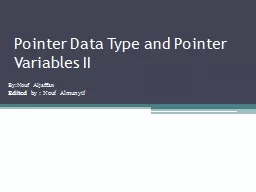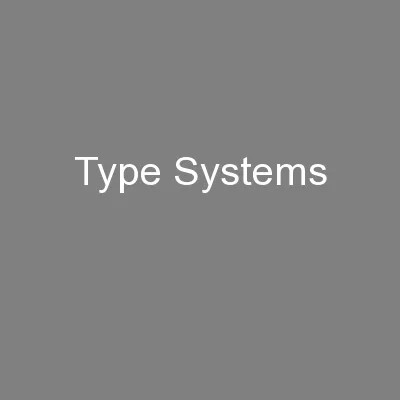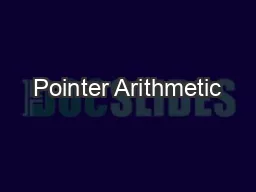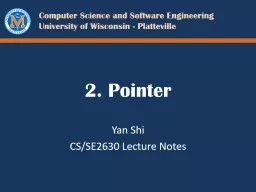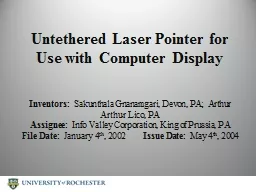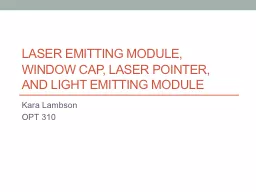PPT-Pointer Data Type and Pointer
Author : jane-oiler | Published Date : 2017-08-24
Variables II By Nouf Aljaffan Edited by Nouf Almunyif Classes Structs and Pointer Variables by default all members of a class are private Class studentType
Presentation Embed Code
Download Presentation
Download Presentation The PPT/PDF document "Pointer Data Type and Pointer" is the property of its rightful owner. Permission is granted to download and print the materials on this website for personal, non-commercial use only, and to display it on your personal computer provided you do not modify the materials and that you retain all copyright notices contained in the materials. By downloading content from our website, you accept the terms of this agreement.
Pointer Data Type and Pointer: Transcript
Download Rules Of Document
"Pointer Data Type and Pointer"The content belongs to its owner. You may download and print it for personal use, without modification, and keep all copyright notices. By downloading, you agree to these terms.
Related Documents

